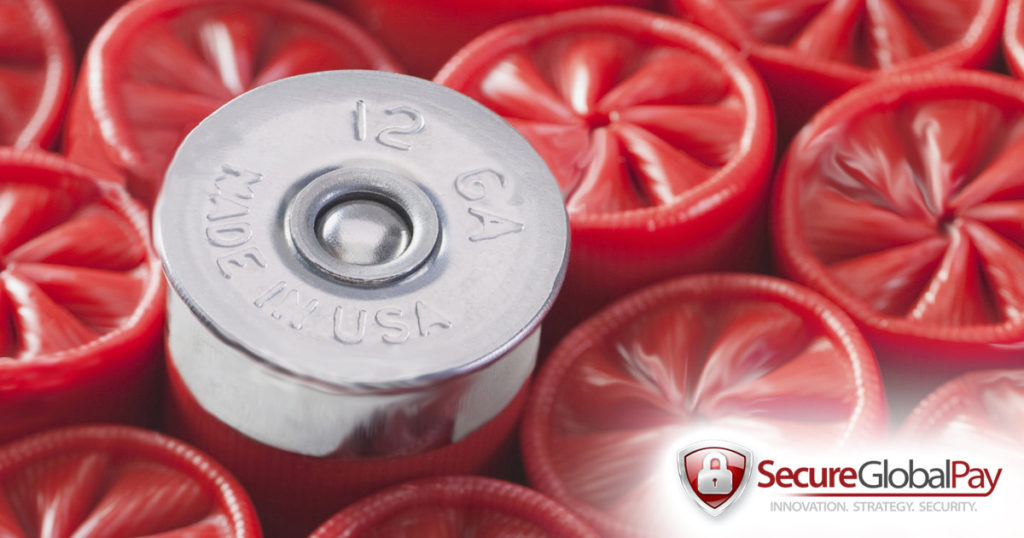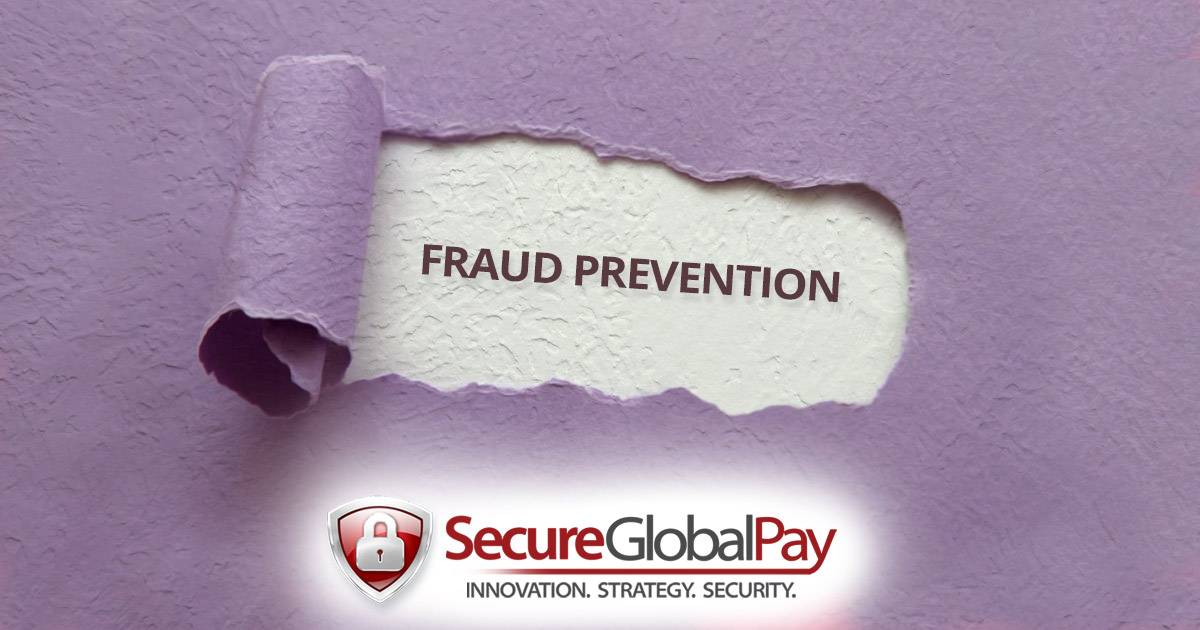
Online Firearms Sales Merchant Account – Introduction
An online firearms sales merchant account allows you to accept credit card payments for online firearm sales. Online credit card processing for firearms can help ensure a seamless customer experience and maximize profits. Apply now with SecureGlobalPay to accept credit payment for your online firearms sales.
As a firearms dealer, expanding your business online can be a lucrative move to reach more customers and increase revenue. Credit card processing via a payment gateway for high risk business is often the solution. However, online firearm sales and related firearms business can be challenging due to strict regulations and limited options regarding online credit card processing for firearms. This is where an online firearms sales merchant account comes in.
- Firearms Industry Overview
- Do I Need an Online Firearm Merchant Account If I Sell Ammo?
- Do I Need to Have an FFL To Get Firearm Payment Processing?
- Do I Need an Ammunition Merchant Account to Sell Online?
- Do I Need to Have an FFL To Get Firearm Payment Processing?
- Benefits of having an Online Firearms Sales Merchant Account
- Why Are Firearms Merchant Accounts Considered High-Risk?
- Chargebacks In the Firearms Industry
- Using a Chargeback Mitigation Program
- Challenges in getting an Online Firearms Sales Merchant Account
- Criteria to consider when choosing an Online Firearms Sales Merchant Account
- How Can I Get an Online Firearms Sales Merchant Account?
- Does QuickBooks Integrate with Online Firearms Sales Merchant Accounts?
- Does Stripe Allow Online Firearms Sales Merchant Accounts for Firearm Sales?
- Does Authorize Net Integrate with Online Firearms Sales Companies and Allow Firearms?
- What Payment Gateway for Gun Brokers Provides Online Credit Card Processing for Firearms?
- Tips for Managing an Online Firearms Sales Merchant Account
- Safety Measures for Online Firearm Transactions
- Online Firearm Sales Merchant Categories
- Legal considerations for Online Firearms Sales Merchant Account
- Conclusion – SecureGlobalPay
Firearms Industry Overview
Online merchant firearms & 3D printed firearms sales represent a vast market. Yet a great many banks and traditional financial institutions will not work with firearms merchants selling guns & ammunition. Owing to the high volume of credit card chargebacks common in the industry, these merchants are considered high risk.

Do I Need an Online Firearm Merchant Account If I Sell Ammo?
Yes, firearms merchants who sell ammunition require an online firearm merchant account to process credit and debit card payments.
Do I Need to Have an FFL To Get Firearm Payment Processing?
Yes, firearms merchants must have a federal firearms license (FFL) to get firearm payment processing.
Do I Need an Ammunition Merchant Account to Sell Online?
Yes, firearms merchants who sell firearms and ammunition online require an online firearms merchant account (ammunition merchant account) to process credit and debit card payments. The provider should provide options for online and offline sales, such as a virtual terminal, firearms payment gateway, mobile firearms merchant account services, etc.
Do I Need to Have an FFL To Get Firearm Payment Processing?
Yes, firearms merchants must have a federal firearms license (FFL) to get an online firearms merchant account and payment processing.

Benefits of having an Online Firearms Sales Merchant Account
The primary benefit of having an online firearms sales merchant account is credit card processing, which can help increase sales and customer convenience.
A firearms merchant account can help you build credibility and establish trust with your customers.
Another significant benefit of a firearms merchant account is the ability to manage your transactions and payouts easily. Merchant accounts provide detailed reconciliation and reporting, which can help you track your sales and identify trends.
Why Are Firearms Merchant Accounts Considered High-Risk?
The firearms industry is heavily regulated, and firearms merchants must comply with a variety of state and federal laws and regulations.
Additionally, firearms sales are high-ticket merchant accounts, which means there is a risk of chargebacks and fraud.
Chargebacks In the Firearms Industry
Due to the high-ticket nature of firearms, there is a higher risk of fraud in the industry compared to other industries.
Chargebacks are a significant concern for firearms merchants, as they can result in financial losses and legal liability.
Preventing and reducing chargebacks are necessary steps Firearms merchants must take s by providing accurate product descriptions, verifying customer information, and promptly addressing any customer concerns or issues.
Using a Chargeback Mitigation Program
Mitigation programs, like the one offered by SecureGlobalPay, can cut chargeback ratios by as much as 25%.
SecureGlobalPay provides merchants with Chargeback Protection that allows businesses to resolve credit card transaction disputes directly.

Challenges in getting an Online Firearms Sales Merchant Account
Obtaining an online firearms sales merchant account can be challenging due to the nature of the industry.
Many payment processors and banks are hesitant to work with gun dealers due to the high risk of fraud and chargebacks.
Criteria to consider when choosing an Online Firearms Sales Merchant Account
When choosing an online firearms sales merchant account provider, there are several criteria to consider.
First, you want to find a provider that has experience working with firearms dealers and understands the unique challenges of the industry.
You also want to consider the provider’s security measures. Look for a provider that uses encryption and tokenization to protect sensitive customer data.
Finally, consider the provider’s chargeback management system and whether they offer fraud prevention tools. Understanding credit card chargebacks and fraud could be the difference between success and failure.
How Can I Get an Online Firearms Sales Merchant Account?
To apply for an online firearms sales merchant account, you will need to find a provider that is willing to work with you. Start by researching online firearm credit card processing companies and online firearm merchant accounts.
Look for providers that have experience working with firearms dealers and have a transparent application process.
The merchant application process typically involves providing information about your business, such as your EIN, business license, and banking information. You may also need to provide information about your sales volume and the types of firearms you sell.
Once you submit your application, the provider will review it and may require additional information.
Does QuickBooks Integrate with Online Firearms Sales Merchant Accounts?
Yes, QuickBooks is gun-friendly and integrates with firearms software.
Does Stripe Allow Online Firearms Sales Merchant Accounts for Firearm Sales?
No, Stripe does not allow firearm sales.
Does Authorize Net Integrate with Online Firearms Sales Companies and Allow Firearms?
Authorize.net allows firearms sales but has very strict guidelines that firearms merchants must follow.
What Payment Gateway for Gun Brokers Provides Online Credit Card Processing for Firearms?
When it comes to online firearms sales, selecting the right online firearms sales merchant accounts and payment gateway is crucial.
While there are numerous payment gateway options that provide credit card processing, it’s essential to find one that caters specifically to the needs of online firearms sales.
These merchant accounts are specifically tailored to the unique needs of the firearms industry and offer features such as age verification and compliance with federal and state regulations.

Tips for Managing an Online Firearms Sales Merchant Account
Once you have obtained an online firearms sales merchant account, there are several tips to keep in mind to ensure smooth operation.
First, make sure to keep your website and payment processing system up to date with the latest security patches and software updates. This will help protect your customers’ data and reduce the risk of fraud.
You should also monitor your transactions regularly and be on the lookout for suspicious activity. Consider setting up alerts for high-risk transactions or unusual activity.
Finally, make sure to keep accurate records of your transactions and payouts. This will help you track your sales and identify any issues or discrepancies.

Safety Measures for Online Firearm Transactions
Online firearm transactions come with inherent risks, so it’s essential to take safety measures to protect your customers and your business.
First, you should verify the identity of your customers and ensure that they are legally allowed to purchase firearms. This may involve requesting proof of age, residency, and a background check.
You should also ensure that your website and payment processing system are secure and protected from hacking attempts. Consider using SSL encryption, two-factor authentication, and other security measures to protect sensitive information.
Finally, you should follow all federal and state regulations around firearms sales, including shipping and handling requirements. Consider working with a licensed firearms dealer to ensure compliance.

Online Firearm Sales Merchant Categories
The United States and other countries like the UK assign numerical codes, known as Standard Industrial Classification (SIC) codes, to business establishments in order to identify the primary purposes of these businesses.
In general, online firearm sales merchants fall under one of these codes:
- 3484: Small Arms (Typically, the code used for companies that manufacture small arms and accessories that have a bore smaller than 30 mm)
- 3489: Ordnance and Accessories, Not Elsewhere Classified (Typically, the code used for companies that manufacture firearms and accessories with a bore bigger than 30 mm)
- 5091: Sporting and Recreational Goods and Supplies
Northern American Classification System (NAICS) are categories of six-digit codes used by federal statistical agencies to classify establishments. The information is used to collect, analyze, and publish statistical information about similar types of businesses and the way they impact the economy in the U.S.
The following NAICS codes often are used for firearms businesses:
- 332994: Small Arms, Ordnance, and Ordnance Accessories Manufacturing
- 348401: Firearm Accessories-Manufacturers
- 348402: Firearms-Manufacturers
- 348403: Small Arms-Manufacturers
- 348404: Ammunition Reloading Equipment and Supplies-Manufacturers
- 348405: Guns-Manufacturers
- 348406: Guns Accessories-Manufacturers
- 423910: Sporting and Recreational Goods Stores
- 451110: Sporting Goods Stores
- 594102: Hunting Equipment
Visit the United States Census Bureau to view the complete NAICS code list.

Legal considerations for Online Firearms Sales Merchant Account
Online firearm sales are subject to federal and state regulations, so it’s essential to ensure that you comply with all applicable laws. This includes verifying the identity of your customers, following all shipping and handling requirements, and complying with background check requirements.
Additionally, you should be familiar with the laws in your state and any states where you plan to sell firearms. Some states have additional requirements around firearm sales, such as waiting periods or registration requirements.
Conclusion – SecureGlobalPay
Obtaining an online firearms sales merchant account can be a challenge, but it is essential for expanding your business and maximizing profits.
When choosing a firearms merchant account services provider, consider their experience working with firearms dealers, security measures, and payout options.
Once you have a firearms merchant account, be sure to keep your website and payment processing system secure, monitor transactions regularly, and follow all federal and state regulations.
With the right firearms merchant account and safety measures in place, you can provide a seamless and secure customer experience while growing your business.





